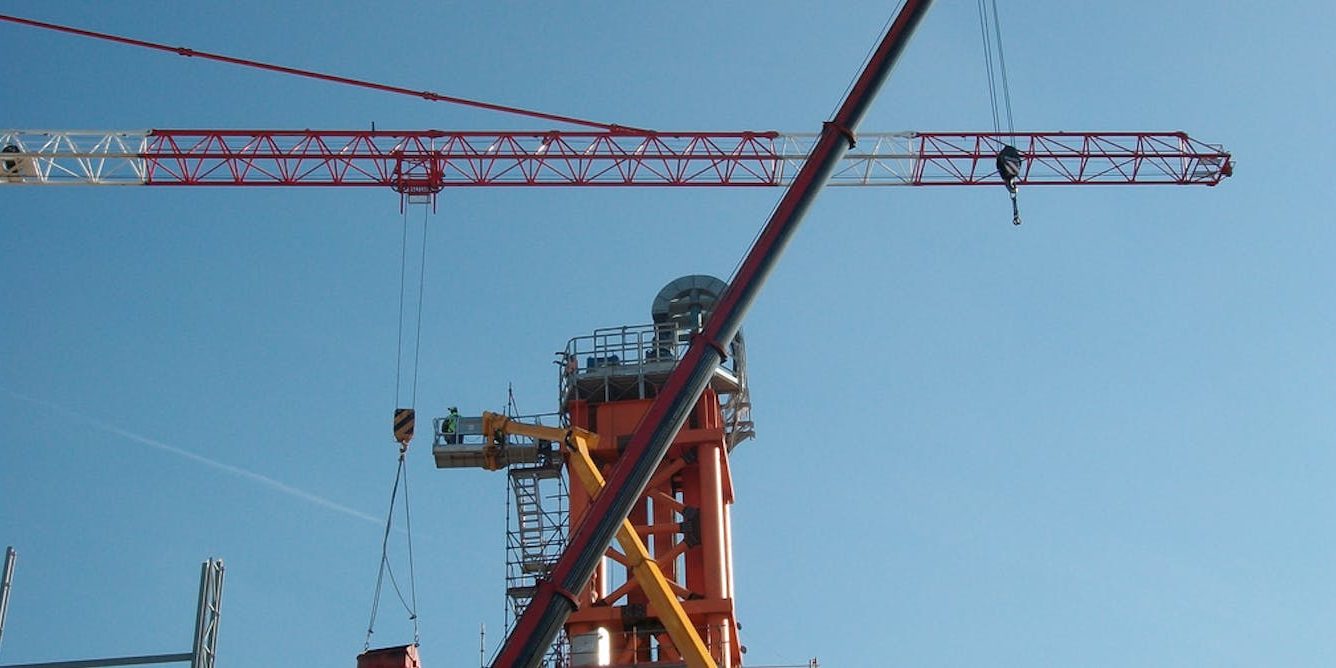As the Senate Economic References Committee (SERC) begins its public hearings into insolvency in the Australian construction industry, the vexed issue of phoenixing deserves to be highlighted.
It is generally believed that illegal phoenix activity – where a company is liquidated and rises again in a way that avoids paying creditors – is widespread in the Australian construction and building industry.
In fact, it is difficult to substantiate whether this is the case due to a paucity of reliable data. But anecdotal reports suggest such concerning behaviours as deliberately avoiding tax, the use of false statutory declarations and refusing to pay wages and entitlements, are commonplace.
In our submission to the inquiry, fellow researchers Professors Ann O’Connell and Ian Ramsay of melbourne Law School, Associate Professor Michelle Welsh of Monash Business School and I argue that better detection and greater enforcement via existing powers might be the most effective way of dealing with this sort of illegal activity.
Defining illegal phoenix behaviour
It’s important to note that not all phoenix activity is illegal. Our ongoing research identifies five categories of phoenix activity – only three of which are illegal….






